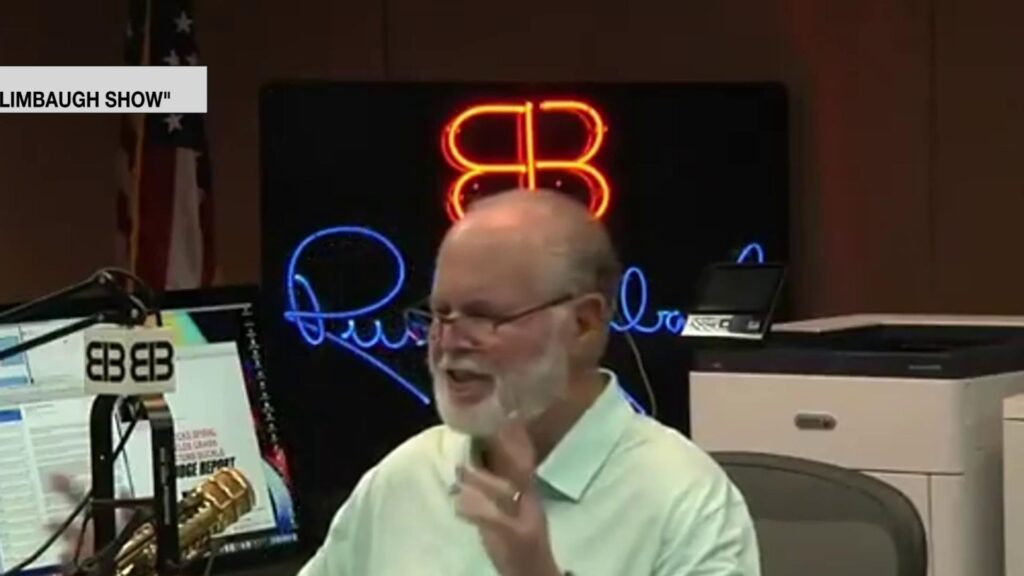
Love him or hate him, Rush Limbaugh was a talk radio legend. His death yesterday at the age of 70 due to complications from lung cancer marks the end of an era for conservative talk radio. Long before social media brought its brand of polarization to the political landscape, Limbaugh was a master at using the megaphone of terrestrial radio to channel and shape conservative thought.
The repeal of the fairness doctrine in 1987 made Limbaugh’s rise possible. Before that regulatory change, broadcasters were obligated to give access to opposing views. According to the Congressional Research Service, the fairness doctrine required broadcasters to, “devote a reasonable portion of broadcast time to the discussion and consideration of controversial issues of public importance” and “affirmatively endeavor to make … facilities available for the expression of contrasting viewpoints held by responsible elements with respect to the controversial issues” (cited in Poynter). Once the fairness doctrine was no longer in place, broadcasters (specifically AM radio station owners) found that partisan political talk was a viable business model.
Among his many critics, Limbaugh was feared and reviled. According to the Washington Post,
“He saw himself as a teacher, polemicist, media critic and GOP strategist, but above all as an entertainer and salesman. Mr. Limbaugh mocked Democrats and liberals, touted a traditional Midwestern, moralistic patriotism and presented himself on the air as a biting but jovial know-it-all who pontificated ‘with half my brain tied behind my back just to make it fair,’ as he often said.”
Marc Fisher
And among is most strident critics, Limbaugh was the embodiment of all that was wrong with right-wing extremism. According to Shannon Watts, an anti-gun activist, “Rush Limbaugh helped create today’s polarized America by normalizing racism, bigotry, misogyny and mockery. He was a demagogue who got rich off of hate speech, division, lies and toxicity. That is his legacy.”
But controversy sells, and Limbaugh’s success was well documented. According to the Morning Brew newsletter, Limbaugh earned $85 million/year and his show was the most-listened-to US radio talk show in 2020, with more than 20 million monthly listeners.



